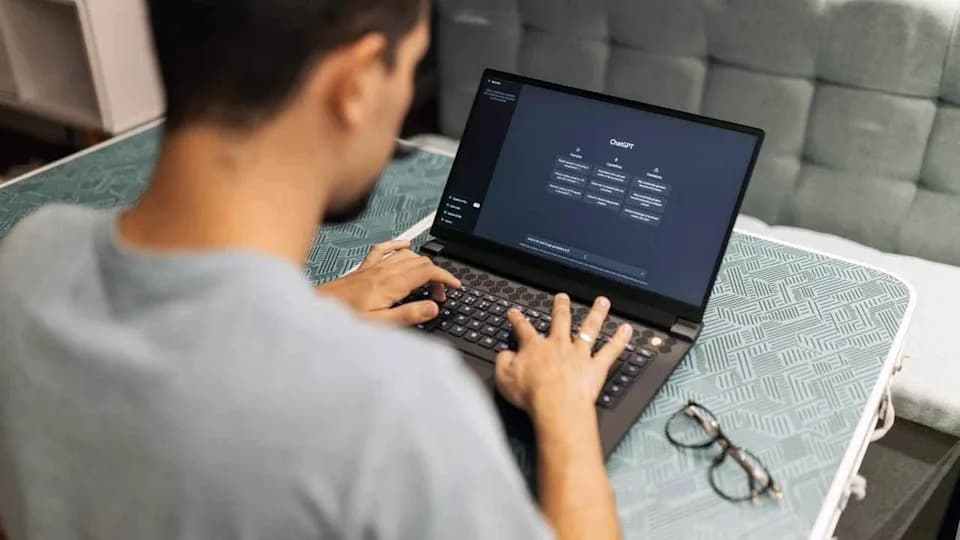Mark Cuban argues that teaching students to collaborate with AI — by crafting good prompts and critically evaluating outputs — can strengthen critical thinking and prepare them for future leadership. A Samsung/HarrisX survey of 620 U.S. middle and high school teachers found 88% say AI will matter for students' futures, but 81% worry overreliance could weaken critical thinking. Oxford-linked research and several academics warn AI may encourage faster but shallower thinking and an "atrophy of epistemic vigilance." Cuban is supporting AI-literacy initiatives to make responsible AI use a core workplace skill.
Mark Cuban: Teaching Students to Collaborate with AI Can Strengthen — Not Erode — Critical Thinking
Mark Cuban: AI as a Tool to Build Stronger Critical Thinkers
Billionaire investor Mark Cuban argues that students who learn to work with artificial intelligence — rather than simply hand tasks over to it — will develop sharper critical-thinking skills and be better prepared to lead in the workplace. His view runs counter to many educators who warn that overreliance on AI risks weakening students' independent reasoning.
What Cuban says
In an interview with CNBC, Cuban said students who "collaborate with AI" and craft high-quality prompts will develop important judgment skills. He emphasized the need to use AI as a partner: to ask the right questions, provide strong inputs and then apply human judgment to evaluate and decide based on the outputs.
"Students using AI effectively know how to ask the right questions. They use strong inputs and apply critical thinking to evaluate results. AI helps students think bigger, but it doesn't make decisions." — Mark Cuban
Teachers' and researchers' concerns
Those hopeful views sit alongside strong caution from educators and academics. A Samsung "Solve for Tomorrow" survey of 620 U.S. middle and high school teachers, conducted online by HarrisX in October, found that 88% believe AI will be important to their students' futures, yet 81% worry that overreliance could weaken critical-thinking skills.
Research covered by Oxford University Press studied about 2,000 teenagers in the U.K. and concluded that widespread AI use is producing faster but shallower approaches to thinking. The study found roughly eight in 10 students use AI tools for schoolwork — often to"think faster" or "solve difficult questions" — and many say the tools can make learning feel "too easy."
Academics have warned that these trends can short-circuit the reflective, effortful processes that build judgment. Anitia Lubbe, an associate professor at North-West University, has argued that higher education is often focused on policing AI rather than teaching students to critique it. Kimberley Hardcastle, a business professor at Northumbria University, warns of an "atrophy of epistemic vigilance" — a diminishing ability to question, verify and think independently.
Cuban's actions and perspective
Cuban is backing initiatives to turn his view into practice. He is partnering with entrepreneur Emma Grede and Samsung's "Solve for Tomorrow" program to channel AI resources and training to U.S. schools. For Cuban, AI literacy is the next essential workplace competency: companies will need employees who understand how to integrate AI thoughtfully and responsibly.
Takeaway
The debate is not simply pro- or anti-AI. It hinges on how AI is taught and used. If schools focus on instruction that pairs AI tools with metacognitive training — how to ask questions, evaluate sources and verify outputs — AI can be a force multiplier for learning. Without that guidance, educators fear the technology could encourage shortcut thinking and erode important judgment skills.
Read the original coverage on Business Insider.
Help us improve.


























